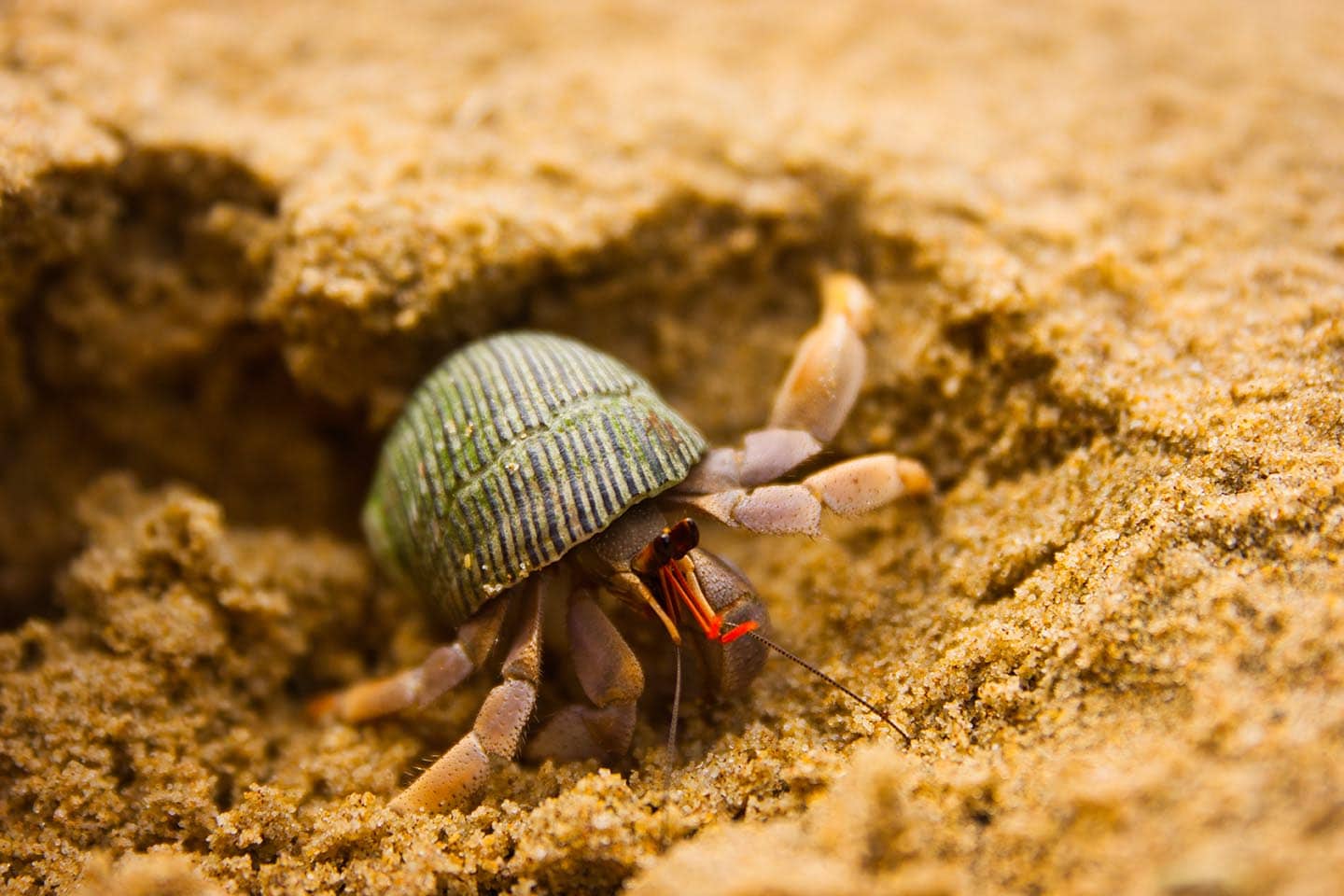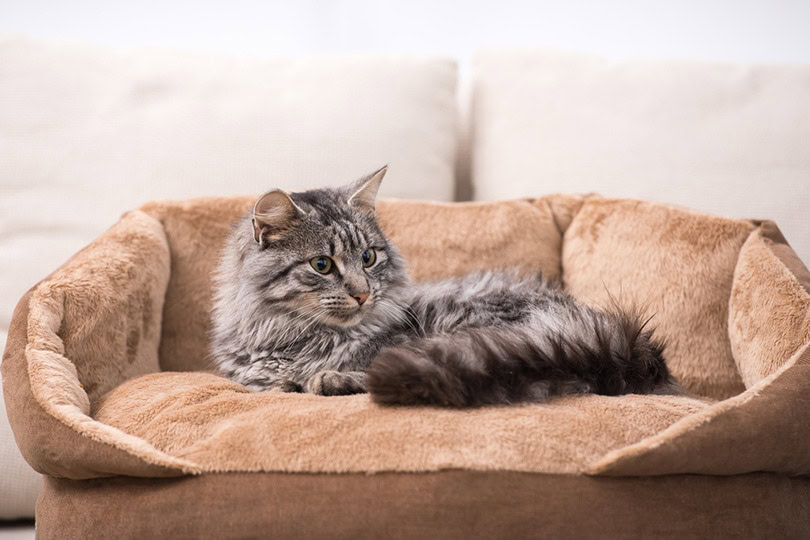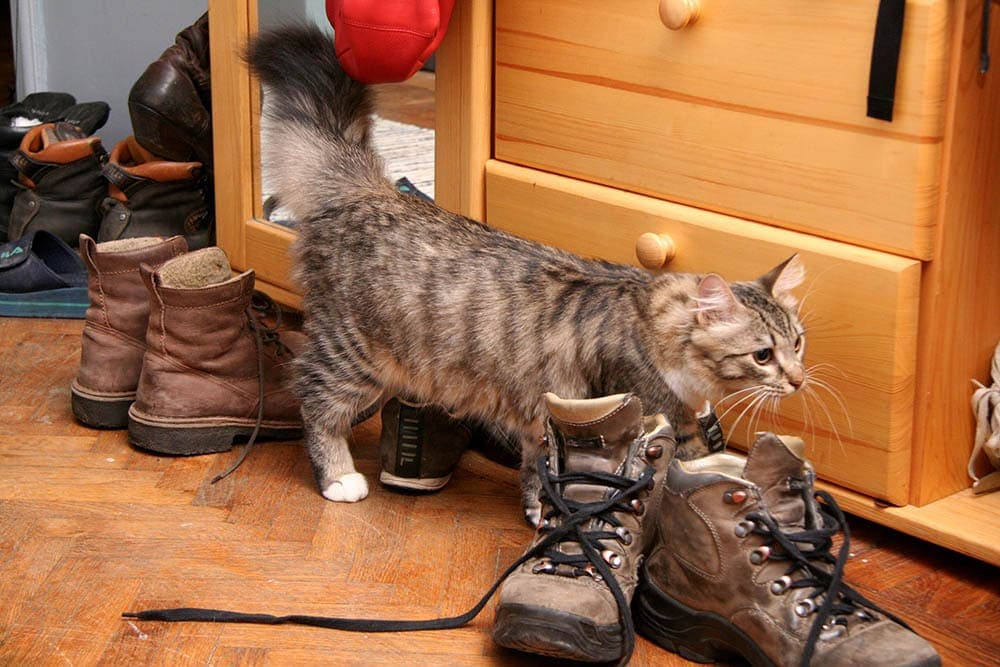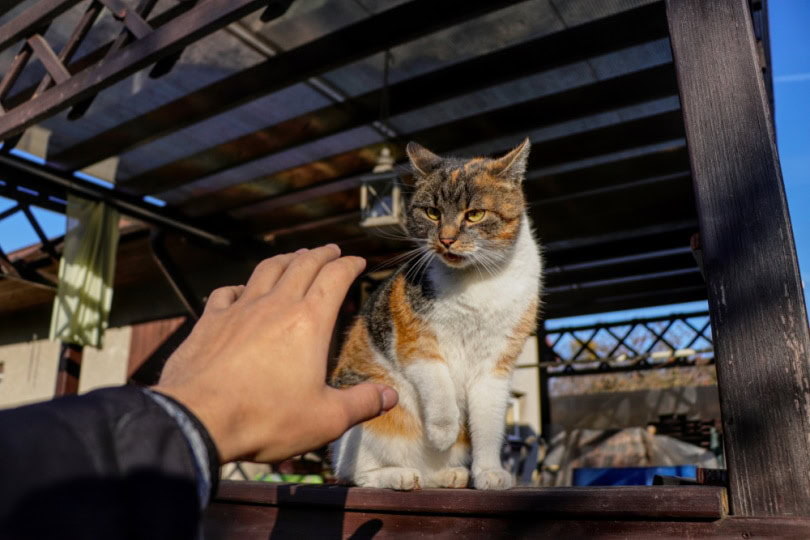Click to Skip Ahead
Say you’re a new hermit crab owner and your crabs have been starting to settle into their new home just fine, but then you notice a new behavior that you haven’t seen before. Suddenly, the crabs are burrowing into the substrate, disappearing, leaving you to wonder what exactly is happening. Is this a normal behavior? Should you be worried? Is there something wrong with your crabs? These are all normal questions to be asking, and by the end of this article, you’ll have the answers to these questions and more.

Is Burrowing a Normal Behavior for Hermit Crabs?
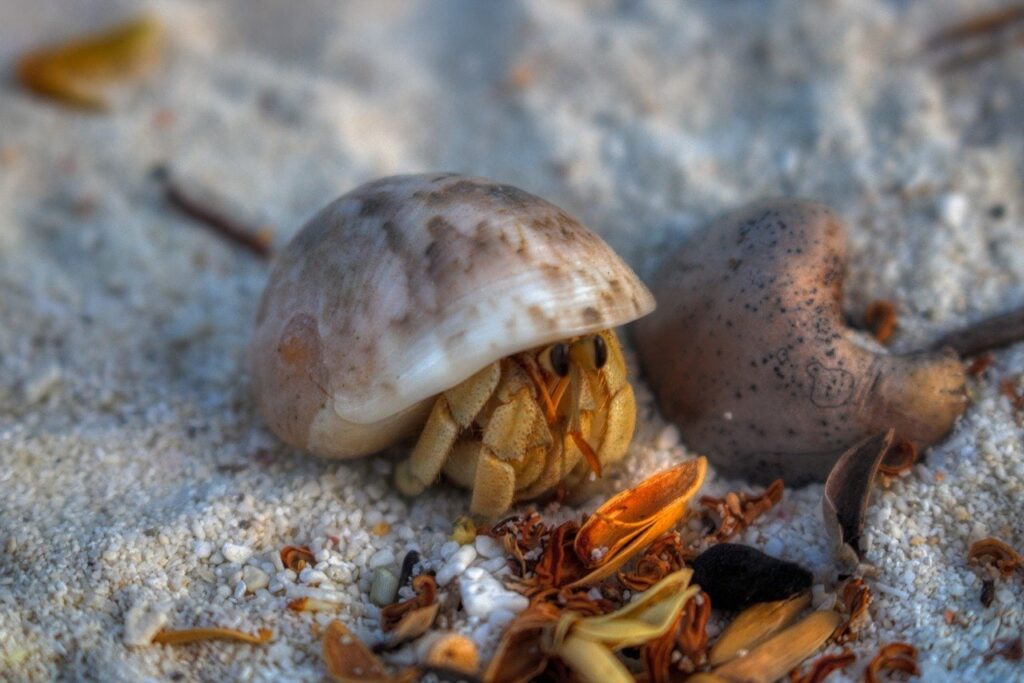
When you’re setting up your hermit crab’s enclosure, it’s recommended that you use about 4 inches worth of substrate. Have you ever stopped to wonder why this is? Hopefully, it’s not a step you skipped, as your crabs really need that much substrate. All that substrate is there for one major reason: so your crabs can burrow in it! Burrowing is a completely normal behavior that all hermit crabs exhibit from time to time. There’s absolutely no reason to worry if your crabs are burrowing, but it might be an indication of something important.

The 4 Reasons Hermit Crabs Burrow
There are four main reasons why hermit crabs burrow. If you see your crabs burrowing, you should try to determine which of these is the reason why. Then, you can make adjustments if you deem it necessary.
1. Temperature Regulation
One of the main reasons crabs burrow into their substrate is to help regulate their temperature. They could do this when it’s too warm or too cool. When it’s too warm inside the enclosure, your crabs might start digging in search of a cooler area beneath the substrate. On the other hand, they could also burrow down to insulate themselves when it’s too cold inside the enclosure. Hermit crabs prefer a steady temperature of 70-80 degrees Fahrenheit, so if it’s much below or above this, you might want to adjust to keep them within this temperature range.
2. Searching for Moisture
Hermit crabs need a moist, humid environment to thrive. They prefer humidity levels between 70%-80%, and if things start getting too dry, they’re likely to burrow in search of moist areas underground. If you think your crabs are burrowing for moisture, then you’ll want to raise the humidity in their environment. This can be easily achieved with a few spritzes from a spray bottle on the substrate and walls. Alternatively, you can add a humidifier to the room your crabs are kept in.
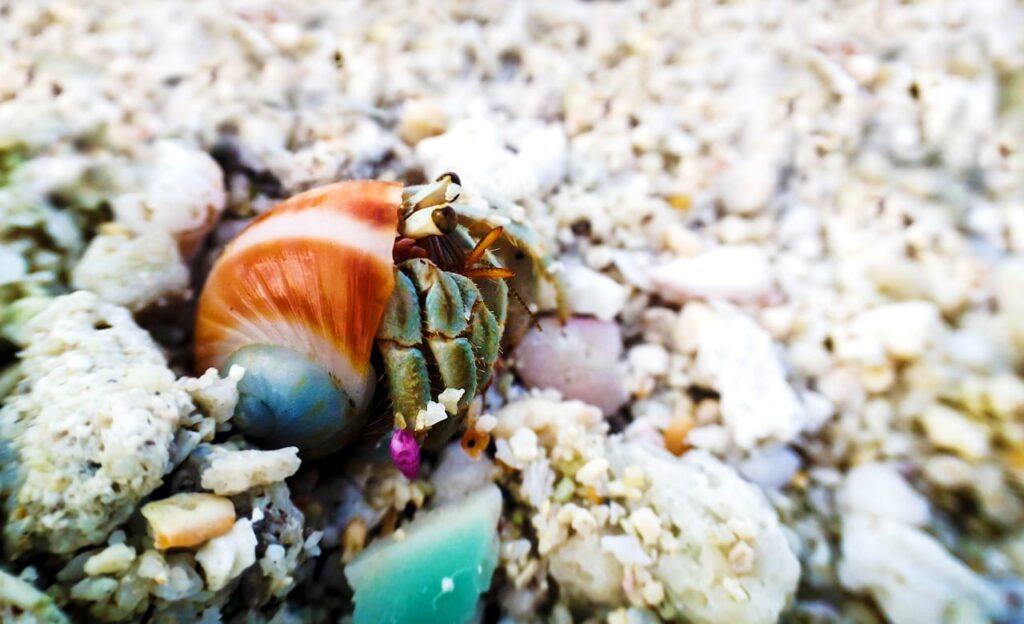
3. Reducing Stress
Just like many animal species, crabs will hide when they’re stressed or scared. If your crabs are feeling stressed about something such as a new habitat or sudden change in temperature or light cycles, then they might burrow as a means of making themselves feel more secure.
4. Molting
Every so often, crabs need to molt their exoskeleton and allow a new one to form. During this time, the crab is extremely vulnerable; it can’t move since it has no muscle control until the new exoskeleton hardens. During the process, your crab will eat its old exoskeleton for the calcium. But it has to remain hidden from predators during this time, which is why hermit crabs will burrow into the ground to start the molting process. If you noticed that your crab was eating more than usual before burrowing, then it’s probably molting.
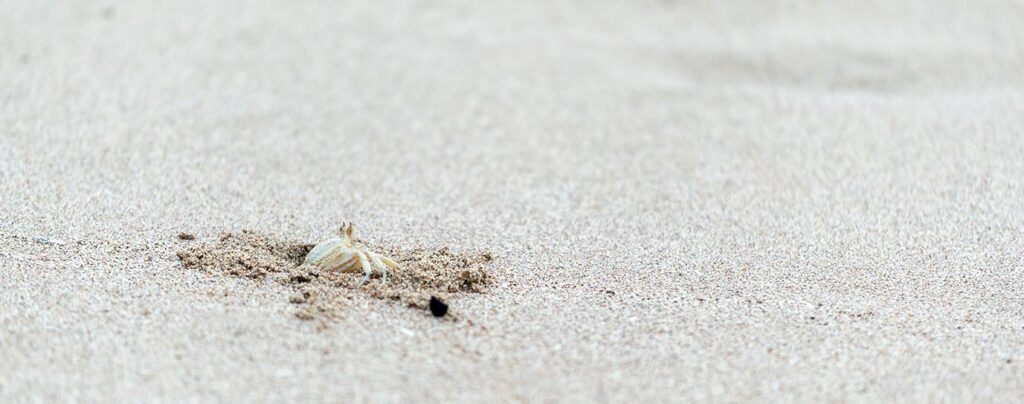

Should You Stop a Hermit Crab from Burrowing?
Burrowing is a natural and often healthy process for hermit crabs. It can also be an indication of changes you should consider. Try to figure out why your crabs are burrowing and then adjust accordingly. Make whatever temperature or humidity changes are necessary. But don’t try to stop your crabs from burrowing. Whatever the reason for their burrowing, it’s a natural behavior that you shouldn’t interfere with. After all, your crab might just be molting, and you certainly don’t want to stop that.

Conclusion
If your crabs are suddenly burrowing, four main reasons could be behind it. They could be molting, stressed, too dry, or the wrong temperature. If you can make an adjustment to your crab’s environment and fix the issue, then do so. Otherwise, you should allow the burrowing to continue and try not to worry since it’s a natural and harmless behavior.
Related Reads:
- How Long Do Hermit Crabs Sleep?
- How To Keep Hermit Crabs Warm Without A Heater (7 Different Ways)
- How To Tell A Hermit Crab’s Gender (with Pictures)
Featured Image Credit: SilvioFasler, Shutterstock
